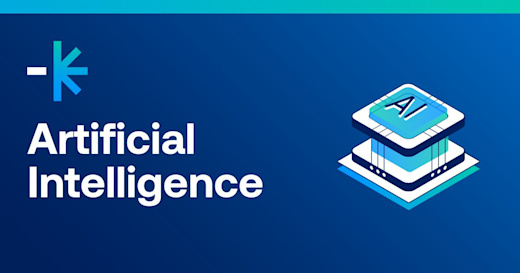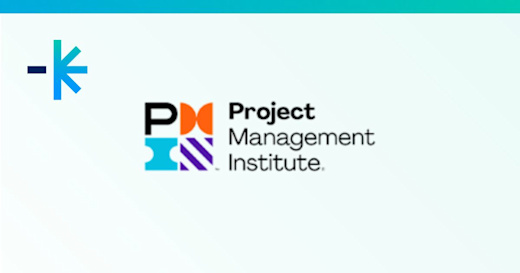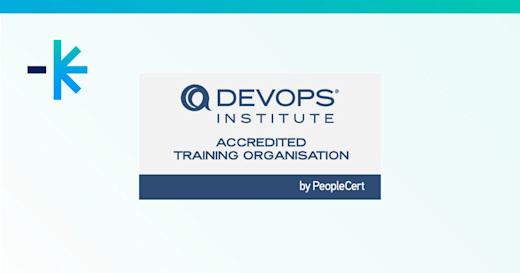There is a growing recognition that Zero Trust is non-negotiable. While the devices and users within a system are met with trust in a traditional IT network security system, Zero Trust requires everyone in and out of the system to prove their need to access data regularly.
For businesses, the strategy improves security, reduces costs, simplifies processes and, more importantly, provides peace of mind for the organisation, IT leaders, cybersecurity teams, governing bodies and end users.
Learning and earning Microsoft security certifications can help teams implement Zero Trust in their specific environments.
Why Zero Trust?
Today's current landscape is a cyber security minefield. Adapting the strategy improves an organisation's posture, helps it meet compliance requirements and prepares for future security threats.
According to TechJury's 2023 Stats and Facts:
64% of companies worldwide have experienced at least one form of cyberattack.
Email is responsible for around 94% of all malware, with 6.4 billion fake emails sent daily
In addition to a better security posture and the ability to futureproof, implementing a Zero Trust strategy provides:
Better visibility and control - Enabling continuous monitoring and authentication of all network activity helps security teams detect and respond to security incidents more quickly and effectively.
Compliance - Regulations and standards like the Payment Card Industry Data Security Standard (PCI DSS) and the General Data Protection Regulation (GDPR) require organisations to implement strong security controls and protect sensitive data.
Flexibility - You can apply the model to various environments (on-premises, cloud, and hybrid) and organisations of all sizes (large enterprises, small businesses and public and private sector groups).
Achieving Zero Trust and Microsoft security certifications
With a Zero Trust security framework and a training and certification program, you can maximise your investment in Microsoft cloud tools for identity, security, management and compliance.
Chandan P., CISO for Mindtree, shares:
“Considering the hybrid work environment, we have standardised security for every individual system used, regardless of location, and we are gradually moving towards a zero-trust security model.”
We understand that learning isn’t one size fits all. So, the team at Lumify curated options for learning to implement a Microsoft Zero Trust architecture.
Microsoft Certified: Security, Compliance, and Identity Fundamentals
What is SC-900? This certification course is ideal for business stakeholders, new or existing IT professionals, or students interested in Microsoft security, compliance, and identity solutions. Explore the fundamentals of security, compliance, and identity (SCI) across cloud-based and related Microsoft services.
Microsoft Certified: Azure Security Engineer
This is a Microsoft Azure security certification. It is recommended for professionals who implement security controls and threat protection as part of an end-to-end infrastructure.
Microsoft Certified: Microsoft 365 Security Administrator
What are the default security policies in Microsoft 365? Learn this and more here. This certification is for those who proactively secure Microsoft 365 enterprise and hybrid environments, implement and manage security and compliance solutions, respond to threats, and enforce data governance.
Microsoft Certified: Security Operations Analyst Associate
This training and certification validate skills in collaborating with organisational stakeholders to secure information technology systems and reduce risk by rapidly remediating active attacks in the environment.
Microsoft Certified: Identity and Access Administrator Associate
Training and certification are for those who design, implement, and operate an organisation’s identity and access management systems using Azure AD.
Microsoft Certified: Information Protection and Compliance Administrator Associate
Explore this certification if you are responsible for translating requirements and compliance controls into technical implementation.
Learning with a Microsoft Learning Partner
Discover pathways to Microsoft Security courses and certifications on Lumify. Learn from our Microsoft Certified Trainers (MCTs); we have the largest pool in Asia Pacific. Our trainers are seasoned cyber security experts who can provide real-world insights to navigating Zero Trust.
For more than three decades, we've been helping people master technological change. As DDLS and Auldhouse, we have trained thousands of teams and businesses, partnering with the world's top tech vendors.
We are building on that legacy under our new brand, Lumify Group. Our three core brands - Lumify Learn, Lumify Work and Lumify People – enable us to deliver on the full spectrum of IT training.
Lumify Work is your best choice for training and certification in any of Microsoft’s leading technologies and services. We have over 30 years of experience in delivering effective training across all Microsoft products. And did we mention we're a Microsoft Gold Learning Solutions Partner?
We're thrilled to announce that Lumify Work has been honoured with the Microsoft MCT Superstars Award for FY24. This is a testament to the high quality of our Microsoft Certified Trainers (MCTs) across Australia and New Zealand.
Wherever you are, Lumify is local to you. Access courses through the Lumify Anywhere platform that supports your schedule and logistical needs – self-paced, instructor-led, or bootcamp-style. Experience instructor-led training virtually or at one of our campuses in New Zealand in Christchurch, Wellington and Auckland.
You can download our Microsoft Security eBook to get more insights on cyber security and how to map out your team’s career development. Get certified for Microsoft security under a global IT leader today and enquire about Cyber security courses and training paths.








